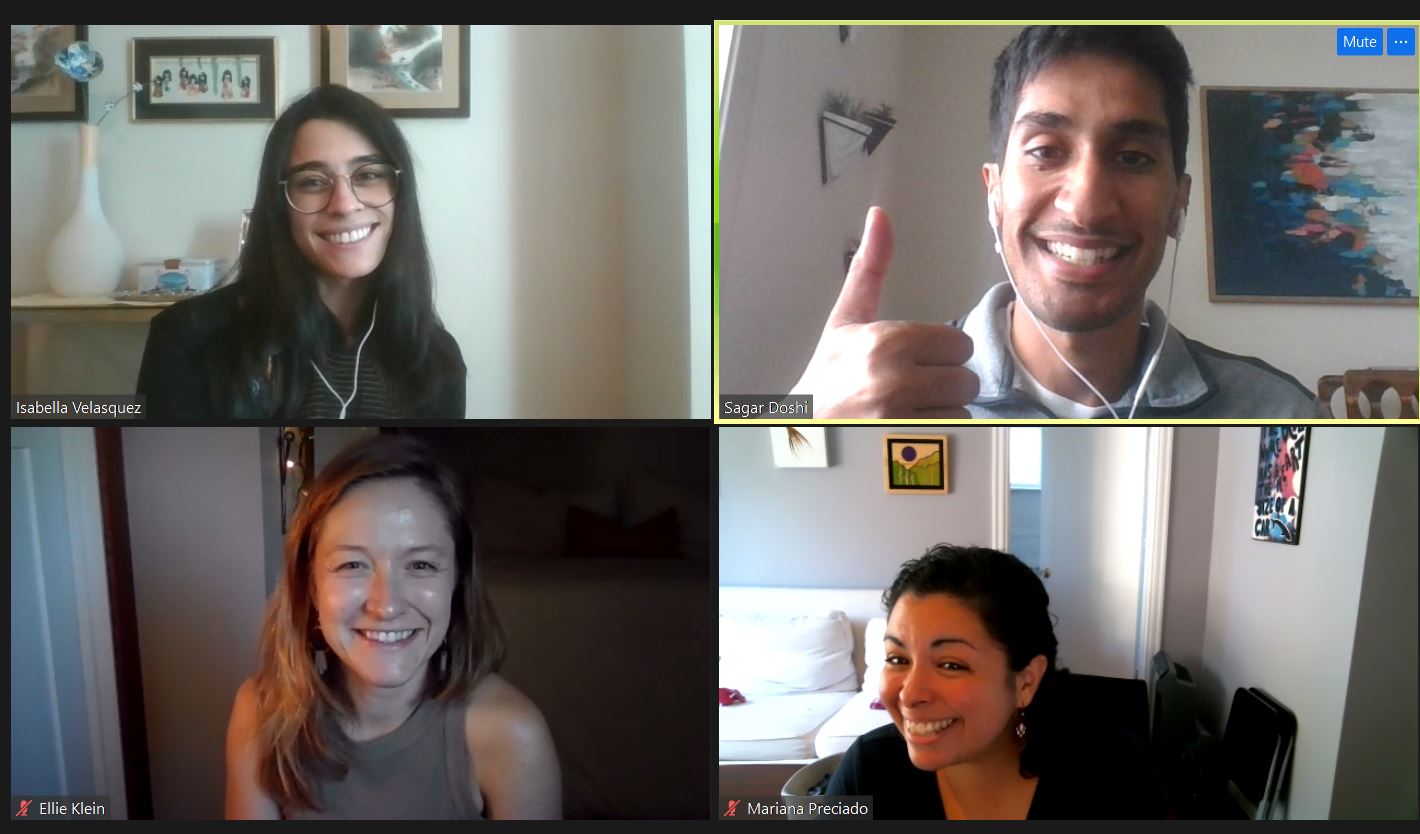Considering Social Impact in Big Business: Can pioneer companies spark a race to the top?
By Aarthi Rao, Berkeley-Haas MBA ’15
This post originally appeared on nextbillion.net

Corporate social responsibility (CSR) is defined in many ways. Some use it as a catch-all to describe everything from employee volunteerism to company campaigns to promote recycling. Others consider it a synonym for corporate philanthropy.
At our local chapter of Net Impact at the Haas School of Business, we often discuss CSR as a starting point for companies to adopt social and environmental standards within their core business practices. Product design and companies’ requirements for their suppliers can reduce environmental harm and influence economic and social well-being in manufacturing communities. Recent events such as factory fires in Bangladesh and allegations around poor labor practices on Tetley’s tea estates in Assam have reinforced the importance of these issues. But how do companies actually reach a point of systemic corporate responsibility? To explore this question in the context of the outdoors industry, we decided to visit two apparel and footwear companies in California, Patagonia and the Deckers Outdoor Corporation.
Patagonia is a privately held company with deeply embedded principles of environmental conservation and human welfare. It is famous for addressing the unsustainability of current levels of consumption through its “Don’t Buy This Jacket” and Common Threads initiatives and has recently launched a Fair Trade line, an extension of its ethical sourcing programs. Companies practicing ethical sourcing often try to improve factory life by investing in worker safety, access to health and education, and other labor protections. Patagonia, for instance, promotes living wages in its partner factories.
When touring the company, it is clear that the spirit of responsibility and the founders’ values resonate with each employee and are core considerations in business. Staff members are not encouraged to design gear that just sells, but rather to design products (with ethically sourced raw materials) that will withstand tough use and stay with the customer for life. Rick Ridgeway, vice president of Environmental Initiatives, explained that these practices did not spontaneously arise but are the fruits of data-driven efforts to understand how their products are made, on-the-ground work to increase the availability of materials such as organic cotton, and engagement with their customers. The company continually assesses its approach to doing business.
In contrast at Deckers, a publicly traded company, corporate responsibility is an important value, but it must align with management’s fiduciary duty to maximize shareholder returns. The small corporate responsibility team must find ways to influence supply chain choices across a diverse portfolio of brands and without comprising the company’s bottom line. A corporate responsibility and sustainability manager for Deckers noted that companies like Patagonia, which can take big risks and make investments in sustainability, help publicly traded companies by developing tools and sustainability protocols, setting benchmarks, and changing consumer expectations. The manager explained that it is easier to champion internal changes when there is already a proof of concept and consumer appetite. For example, companies have come together through the Sustainable Apparel Coalition to build on one another’s work and establish common standards for gauging the social and environmental impacts of footwear and apparel through the Higg Index. In the future, if consumers have the opportunity to review such information before making a purchase, then companies will have a strong incentive to improve their scores. Even a small change in a company as big as Deckers could have an enormous impact on factory communities in low-income countries and on the environment.
Collaborative initiatives like the Higg Index are especially important given the global nature of today’s supply chains. While Deckers and Patagonia can set standards for their sourcing partners, they rely on suppliers that provide goods to a number of other companies. Common standards supported by multiple industry players will have a greater impact than the changes driven by any one company alone.
Big business has always responded to changes in consumer behavior. Healthier options appear on shelves when consumers expect them to be there. This trip demonstrated that pioneer companies like Patagonia can play an important role in changing consumer behavior, which then reverberates through their industry. Within our group of budding MBAs there was heated discussion about whether it was more exciting to help push industry standards as an innovator or to champion change in a larger company. But we all agreed that for big business to institutionalize and ultimately standardize strong environmental and social practices there is a pressing need for both forces.
Aarthi Rao is an MBA candidate at the Haas School of Business at UC Berkeley, focused on social impact strategy.


